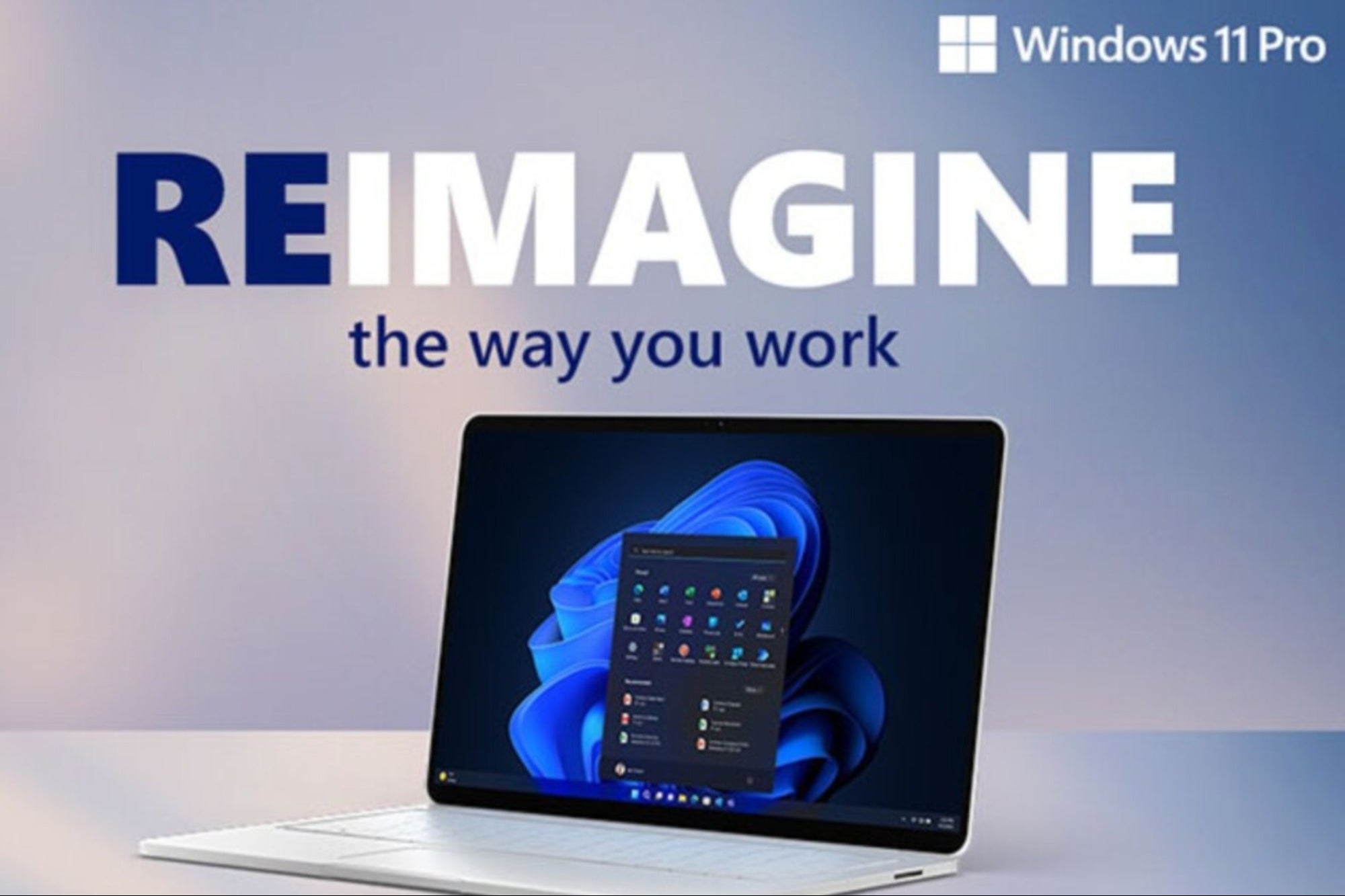How Can you Ensure a Stress-free Life For your Employees? Founders need to switch between the roles of a boss and a friend, to make sure the employees are not stressed
You're reading BIZ Experiences India, an international franchise of BIZ Experiences Media.

Whether it is coding till the wee hours of the morning and then waking up to rush for a meeting with an investor or racing against the deadline for a product launch, BIZ Experiencess and their employees often have to encounter stressed situations. While they love what they do, stress often leads to a burnout with the employees not being able to work at all.
It is vital that start-up founders ensure their employees are not on the brink of a burnout. Founders need to switch between the roles of a boss and a friend to make sure that the employee can reach out to them in case they are overburdened with work.
BIZ Experiences India spoke to experts and founders as they talked about the various ways they employ to relieve the stress of their employees.
Bring Back their Purpose
When an employee has been with the company for long, they often feel lost. Prashant Bhonsle, CEO- Housing and Education Loans, InCred, explained that this is because of the lack of clarity of the organization's purpose and non-alignment with personal life goals. "Constant communication of the organization's goals and its impact helps people to see the big picture and feel energized," said Bhonsle.
Gaurav Golwalkar, co-founder of BuyTestSeries, believes in the 80/20 route, where you understand 20 percent of the work which is critical and look at finishing the same first. "You have to divide the tasks based on priority," he said.
At a broader level, he said that the founder needs to plan the work better. Every start-up has a time when the work volume is high and times when it is low. "You need to plan for the months where the work comes in higher volumes during the months when there is less work," said Golwalkar.
Make Them Feel a Part of the Success
Bhonsle added that a common reason of stress is when people think that they are working hard but have not been able to contribute to the key result areas of the organization and bosses." A clear performance management system and regular feedbacks make employees value their own work and help them improve. Smart goals broken into milestones that are tracked systemically help workers to create a mental roadmap of their success journey," he said.
Meanwhile, a lot of times employees feel that although they are contributing to the company's success, the same is not acknowledged by the top management. Anusha Kurupathi Parambil, co-founder, Paymatrix, believes that all employees should be a part of the celebration for the success of the company. "We have monthly team lunches where we celebrate the achievements of the employees and thus, the company's," she said. They also have a "fantastic" day, where one half of the day is dedicated to simply having fun. The employees are told earlier so that they can set their work aside and play games.
Skill Development for Your Employees
For employees, an important part of their job is to have a constant learning graph. They need to be constantly learning at the workplace for their individual growth. Anusha added that at Paymatrix, a lot of time is spent on skill development so that the employees learn something new while at work. "The topic for the learning session is also decided by the employee," she said.
Golwalkar too believes in the mentorship of the employees. By doing so, he believes that founders are also building capacity for their own company.
They Need to Know They Belong
Despite great work and big compensation, a lot of companies face attrition, low productivity because of the cultural mismatch between employees and organization's core values. "Leadership - "walking the talk' and demonstrating core values of the organization through their day-to-day behaviour creates a culture where the like-minded human beings feel at home," said Bhonsle.
Encourage a Work-Life Balance
It's important as a founder that you encourage your employees to have a work-life balance. Golwalkar believes that it is important for the employees to take their day-offs so that they have a break from work.
Chetna Gogia, HR Director at PayU India, says that de-stressing is an important aspect of work life and they encourage their employees to take breaks at regular intervals. They also practice flexible working hours and work from home policies. "Our friendly work culture allows the employees to take some time off and relax with the various fun activities available at the workplace such as massage, sports facilities and team offsite," she said.













